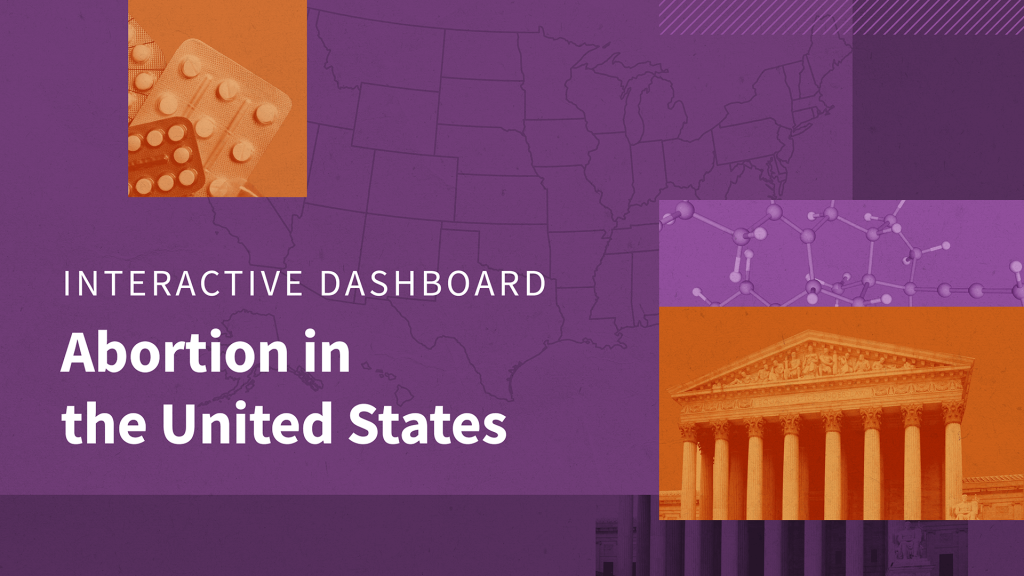Key Elements of the Biden Administration’s Proposed Title X Regulation
This brief explains key elements of the Biden Administration's proposed regulations for the Title X federal family planning program that would replace the Trump Administration's rules, which prohibited abortion referrals and co-located abortion services.
